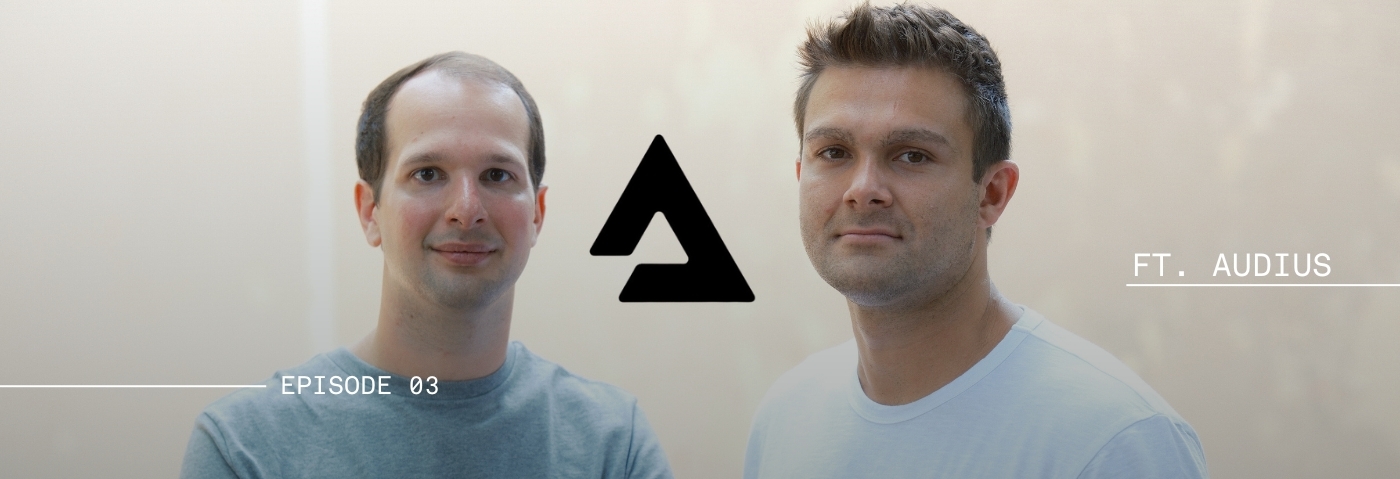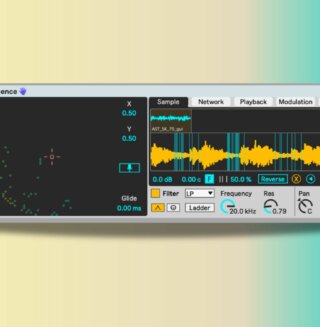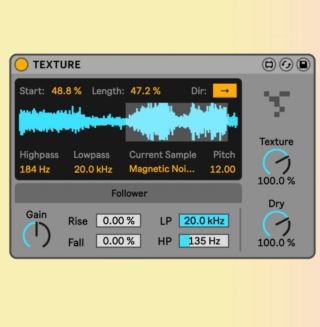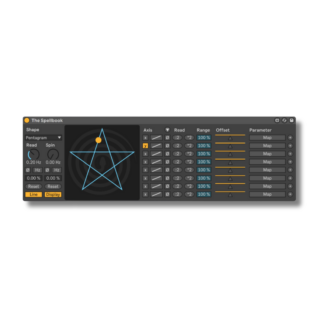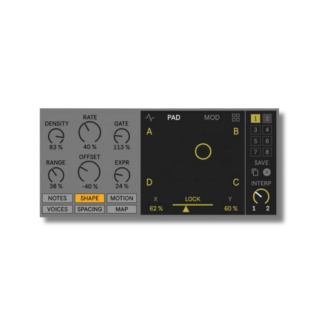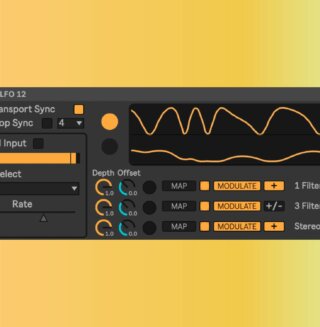In Episode 3 of the Attack Podcast, we speak to Audius co-founders Roneil Rumburg, CEO & Forrest Browning, CPO, about the current streaming market and why it’s a marathon, not a sprint, towards a fairer system for artists.
Last year saw the beginning of artists leaving Spotify. However, it’s only a few, and Spotify remains the dominant force. Despite the limited catalogue removal, there has been growing discontent and other platforms have been looking to bite into the market share. One of those is Audius.

Audius is a decentralized music-sharing and streaming platform that gained popularity in the music industry due to its unique approach to distributing and promoting music. Launched in 2018, Audius operates on blockchain technology, specifically the Ethereum blockchain, providing artists with an efficient and transparent way to share their music directly with fans, without the need for intermediaries like traditional record labels.
One of the critical features of Audius is its censorship-resistant nature, allowing artists to maintain creative control over their content. The platform also offers incentives to users and artists through its native cryptocurrency, enabling a rewarding experience for both creators and listeners.
By leveraging blockchain’s decentralized structure, Audius ensures that music files remain secure and accessible while preventing issues like copyright infringement. Moreover, the platform implements a Proof-of-Stake system to validate transactions, ensuring energy efficiency and scalability.
It’s an innovative approach aiming to move where legacy streamers stay flat-footed. Can it work? Is it working?
We spoke to the two co-founders to find out.

WHILE YOU’RE HERE:
Read our series on artists leaving Spotify.
